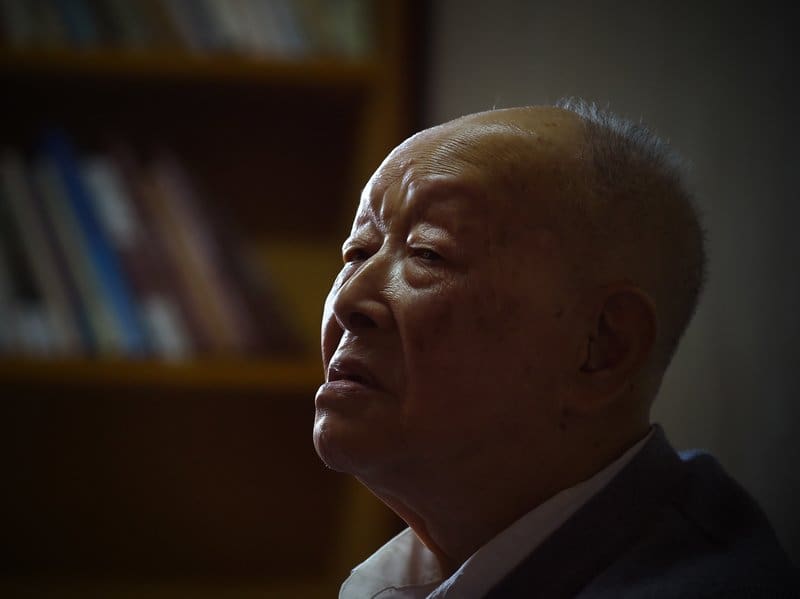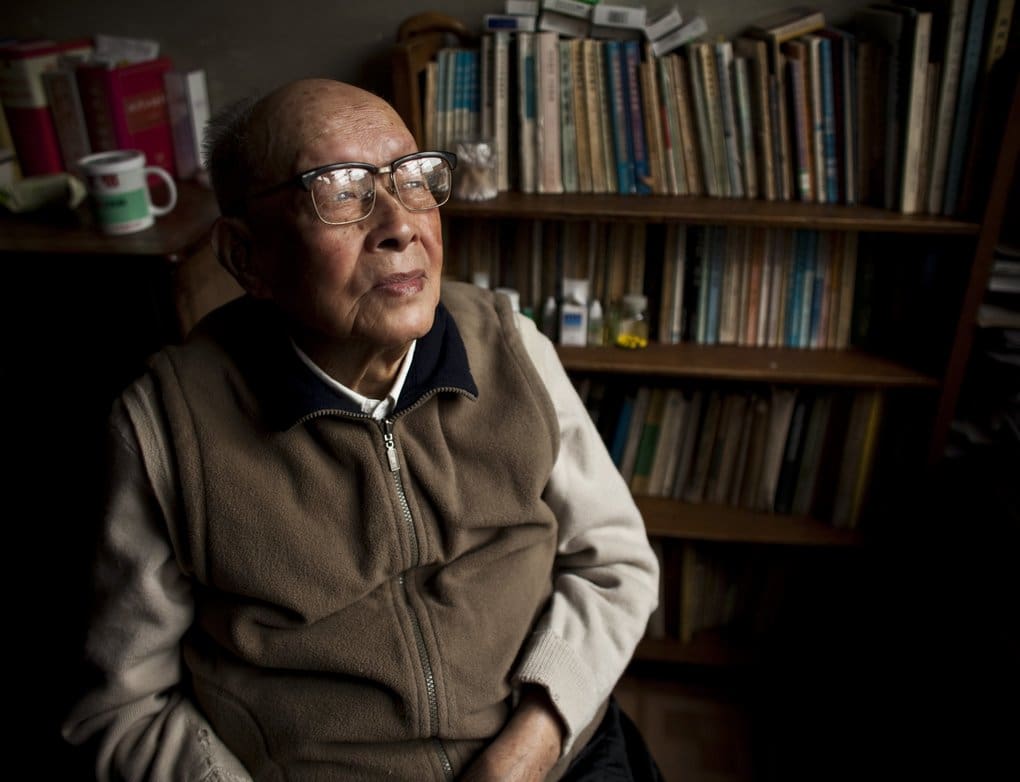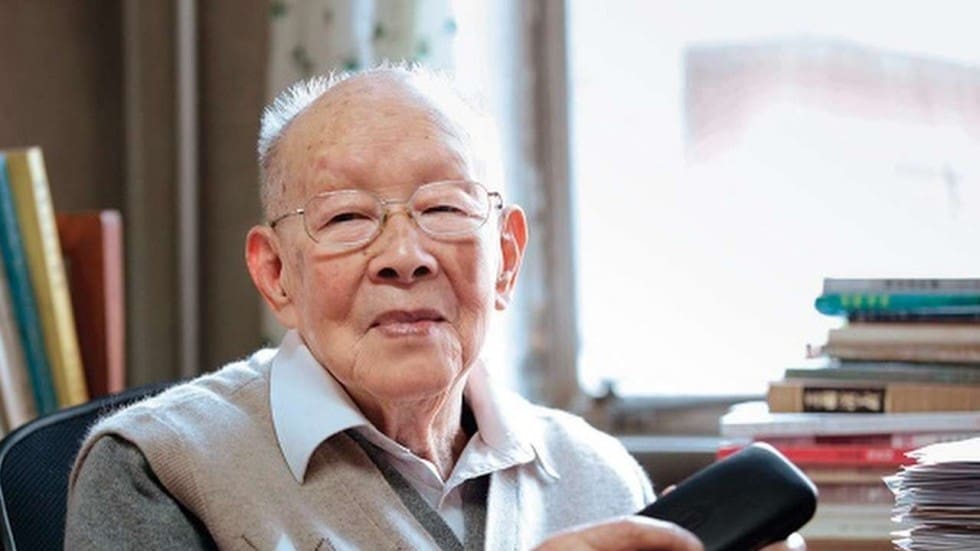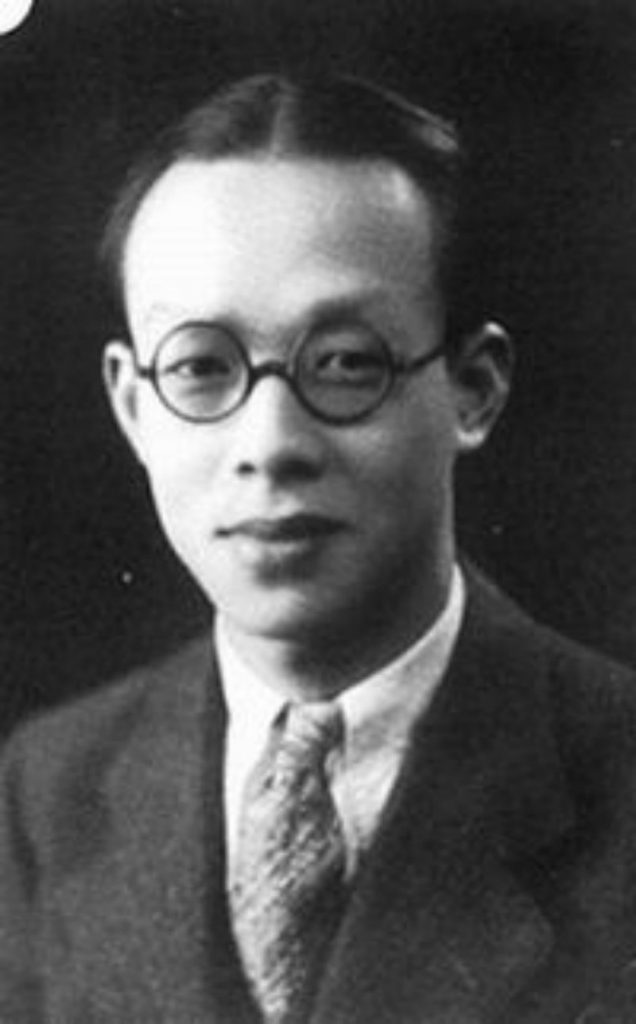
Last Saturday, we have lost another legendary figure, Zhou Youguang, who passed away at the age of 111 in Beijing, just weeks before Chinese New Year.
Originally named Zhou Yaoping, the linguist was born to a prominent family in Changzhou, a prefecture-level city in the province of Jiangsu, on January 6, 1906 during the Qing Dynasty. He graduated from Guanghua University in 1927 with a degree in economics and then moved to Chongqing and worked for the Sin Hua Trust and Savings Bank. The innovator went on to help invent the Pinyin writing system used for transliterating the Chinese alphabet.
Recognized as the Father of Pinyin, the linguist has successfully designed a system to convert Chinese characters into words, in which the system was introduced nearly six decades ago, along with few other innovations to boost literacy rates in China and bridge the gap with the West.

In case you don’t know, Pinyin is the official writing system that translates standard Chinese characters into Roman alphabets. For this, Zhou Youguang, who also lived as a banker, economist and publisher, will not be forgotten.
Zhou and his colleagues spent three years developing the system, which was adopted by China in 1958, gave readers who were unfamiliar with Chinese characters a crucial tool to understand how to pronounce them. It was later adopted by the International Organization for Standardization and the United Nations in 1982 and 1986, respectively.
By 1946, he flew to New York as Sin Hua’s representative at the Wall Street headquarters of Irving Trust, its United States agent, where he worked as a banker. Zhou returned to China in 1949 and that’s when he started developing Pinyin.

The linguist remarked, “People made fun of us, joked that it had taken us a long time to deal with just 26 letters,” he continued, “Pinyin is not to replace Chinese characters; it is a help to Chinese characters. Without an alphabet you had to learn mouth to mouth, ear to ear.”
Up to 85% of Chinese people could not read before Pinyin came to existence, but now, much thanks to Zhou, nearly everyone can. The system is also widely used in today’s computers and mobile devices, making some worry about it taking over Chinese characters altogether, BBC said.

However, contributions in literacy are not everything about Zhou as he was also known to criticize Chinese authorities, writing books that were eventually banned.
For a man born in 1906, under China’s final dynasty, Zhou did more than most to help encourage the change he wished to see in his country. The system he helped father will continue to live on around the world for many more years to come.









